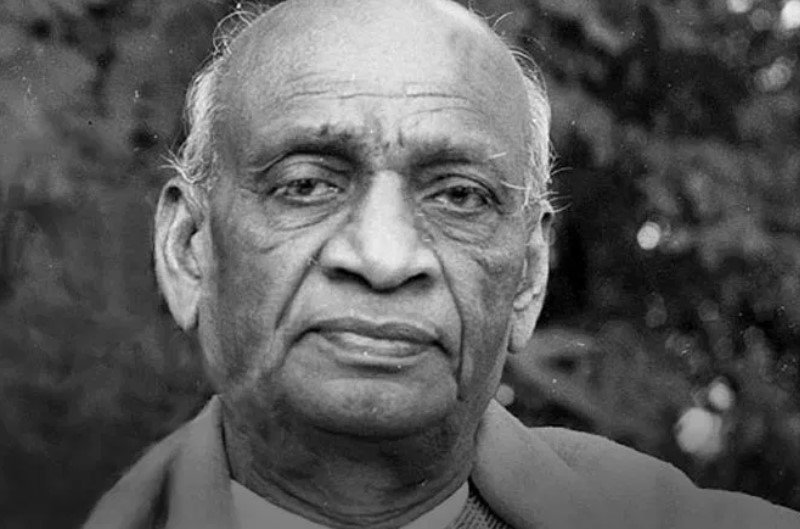Sardar Vallabh Bhai Patel was also addressed as Loh Purush or Iron Man due to his courageous act of uniting India. He was a statesman and additionally a counselor, a leading member of Indian National Congress and one of the establishing father of Republic of India. He was one of the main dissidents in Quit India Movement.
Sardar Vallabhbhai Patel was the first Home Minister of India and also Deputy Prime Minister of India. After Independence of India, Patel assumed the responsibility to unite the nation against British proposition of nation’s division in more than five hundred self-administering princely states, discharged from British suzerainty by the Indian Independence Act, 1947.
Commonly addressed as Iron Man or Bismarck of India, he is also known as Patron Saint of India’s government employees for building modern all-India Services. He upheld Gandhi Ji in Satyagraha Andolan, non-cooperation movement. He was first chosen the leader of Indian National Congress in 1931. On the flare-up of World War II, Patel upheld Nehru’s choice to pull back the Congress from central and provincial legislatures. He took part in Gandhi Ji’s call for individual disobedience and was captured in 1940.

In the 1946, Sardar Vallabhbhai Patel ventured down for Nehru on the demand of Gandhi in INC election. The election’s significance originated from the fact that the chosen official would lead independent India’s First Government. He was one of the leading Congress politicians to acknowledge the partition of India as an answer for the rising Muslim rebel development by Muhammad Ali Jinnah.
After Independence, the congress and also senior British officials considered Sardar Vallabh Bhai Patel the best man for the errand of accomplishing unification of the princely states with the Indian territory. Patel has worked furiously and visited every province to meet the ruling authorities of the states and leading them toward unification of nation.
In his attempt for uniting the nation, only three states oppose his proposition. These were Jammu and Kashmir, Junagadh and Hyderabad. He compellingly made it possible by his forceful approach “saam-daam-dand-bhed” to join these states in United India. On account of Kashmir, he firmly prompted Nehru against going for assertion to the United Nations, demanding that Pakistan had been wrong to support the intrusion. He also opposed the grant of Rs. 55 Crores to the Govt. of Pakistan as he believed that this fund will fund the war against India in Kashmir.